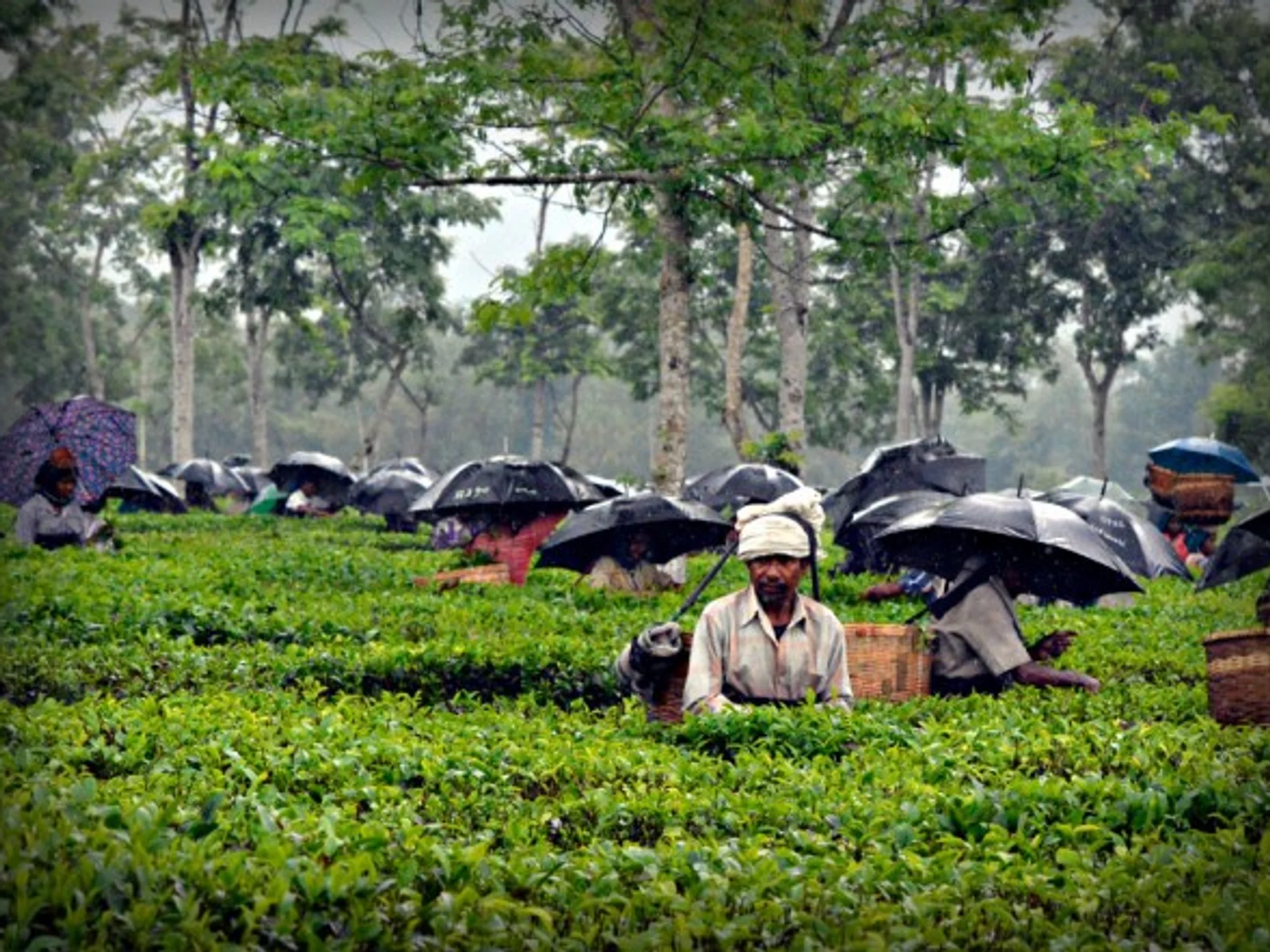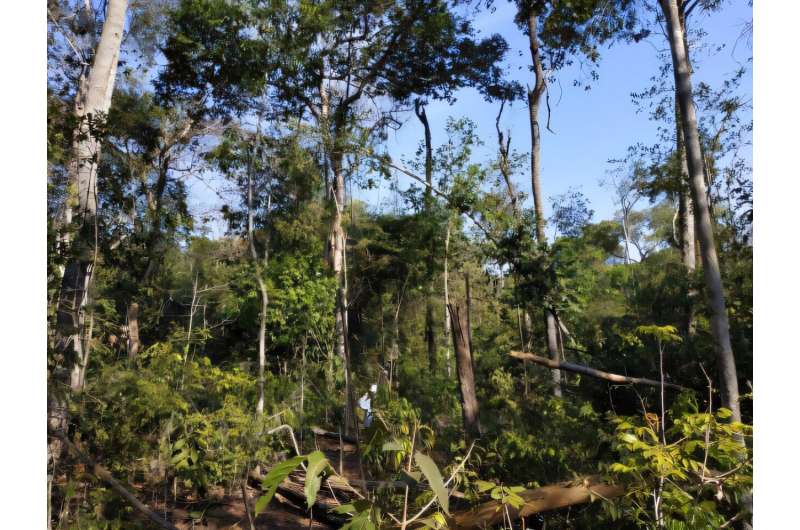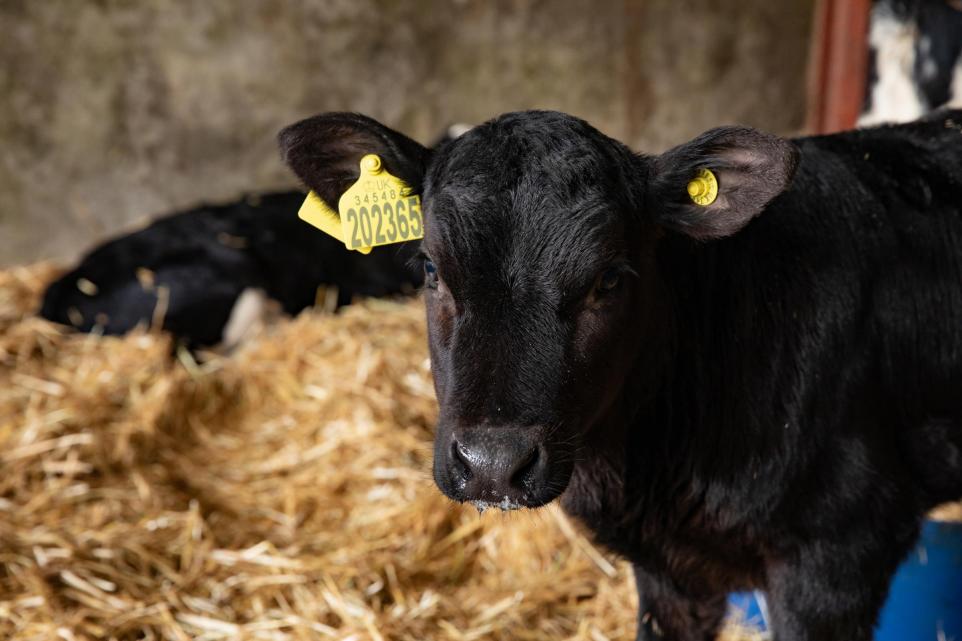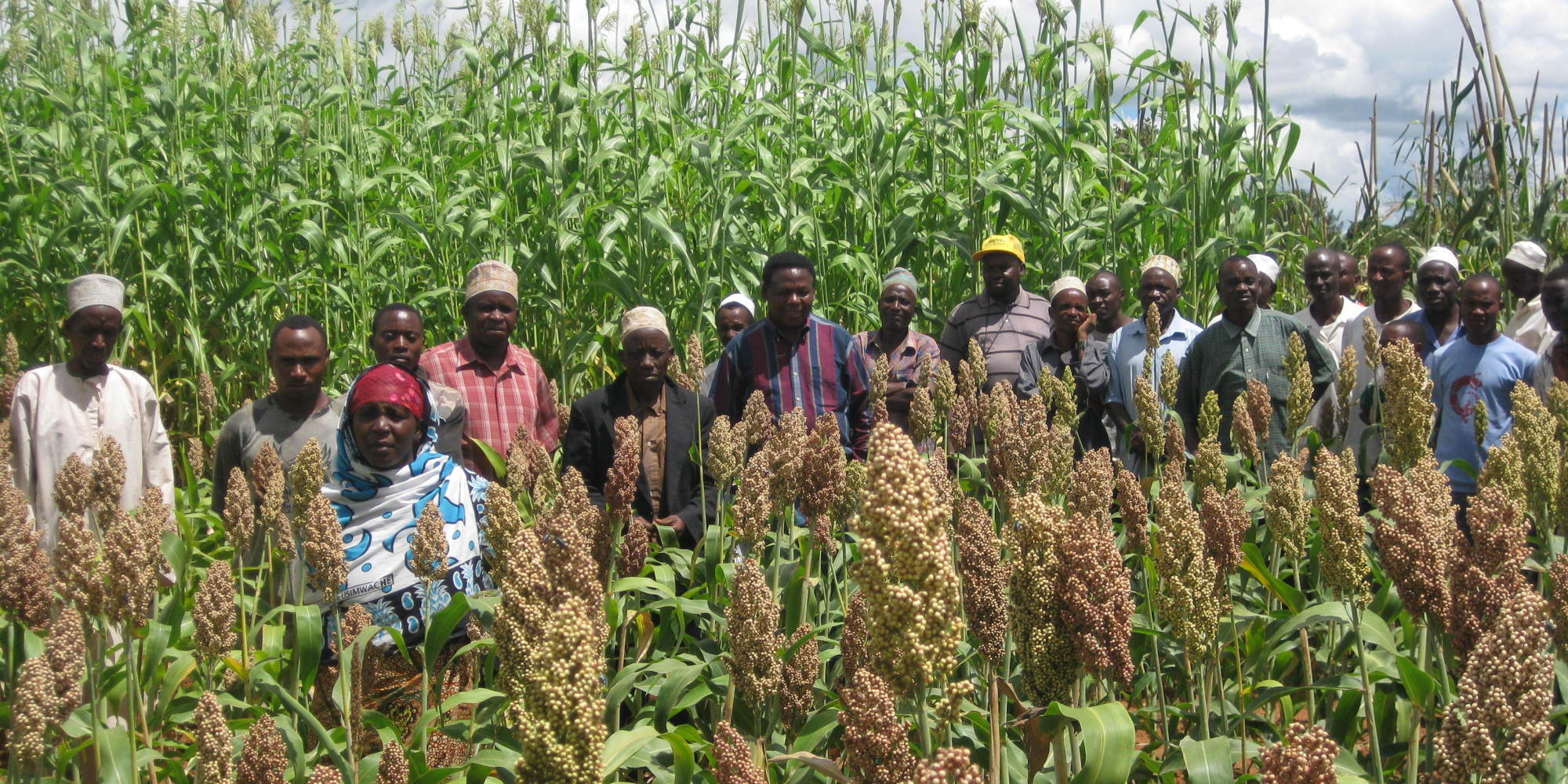Nigeria - FG to raise farmers under insurance coverage to 3.8m
09.02.2018 299 views
The Federal Government plans to increase the number of farmers under insurance coverage from 500,000 to 3.8 million through the recently launched index-based agricultural insurance scheme.
It also plans to announce series of incentives aimed at promoting agriculture value chain across the country
Managing Director of the Nigeria Incentive-Based Risk Sharing System for Agricultural Lending (NIRSAL), Aliyu Abdulhameed, made these known in Abuja at the opening of training workshop on index insurance product design, evaluation and risk transfer. The forum was organised by NAICOM in conjunction with International Finance Corporation (IFC) an arm of World Bank group.
“We have made significant investments in technology solutions and innovations to reduce counter chances of risks occurring in agricultural projects that we support. For instance, we have piloted the use of Geographic Information Systems (GIS) to carry out field verification so that only viable lands are utilized for agriculture,” he said.
“Using satellite imagery, we remotely monitor crop performance and growth. We deploy drones and geospatial monitoring devices to the field to detect and provide early warnings on field deviations. These measures help to promptly trigger required remediation actions to protect expected farm output and prevent unwarranted pay-outs by the insurance companies.
“A key aspect of our plan is to increase insurance coverage from the current level of about 0.5 million to 3.8million agricultural primary producers. In this regard, we are nurturing local and international partnerships to make this happen. We recently signed a partnership agreements with a leading Moroccan agricultural insurance as well as and reinsurance company to provide technical support in expanding the range of agricultural insurance products in Nigeria.”
Abdulhammed said that the four agencies would also develop insurance schemes to help end the persistent farmer-herder clashes, noting that the agency’s operations were anchored on five pillars.
“These are risk sharing facility pillar ($300 million), insurance pillar ($30 million), technical assistance pillar ($60 million), rating pillar ($10 million) and incentives pillar ($100 million),” he noted.
He said the agency has opened discussions with Royal Exchange Assurance, NIMET and CELLULANT for the development of a technology-driven Hybrid Index Insurance product that will include the Area Yield Index, Weather Index, and Price Index Insurance.
“We are currently also, exploring innovative insurance products for livestock to help stem the tide of herdsmen versus farmers clash. Acre Africa of Kenya is a major partner,” he said.
In a similar development, Commissioner for Insurance and CEO of NAICOM Alhaji Mohammed Kari, said index insurance is a new concept to Nigeria hence the need for capacity building to enhance progress in our drive to achieve efficiency and effectiveness in index- based agric insurance in Nigeria.
“Our drive in this regard is tending with the ongoing effort of this present administration to diversify the economy and create opportunities to promote agricultural business and youth empowerment and index based agric insurance is one program that is in support of this policy of the government “ he said.
“For us at the national insurance commission, we desire to create penetration and market growth. We have embraced index based agric insurance as a strategic initiative for insurance penetration as well as contribution to the development of agriculture.”
He disclosed that in the last one year, NAICOM has played active role in promoting access to agricultural finance.
He added:” There is need to request for further support from our partners especially in the areas of facilitation of compressive feasibility study on pilot bases, technical assistance on the provision of historical weather index data, technical capacity building to our regulatory persons who should be learned in product design, risk modeling , capital management, design of regulatory and supervisory framework, development of frameworks and guidelines for index based insurance regulation and supervision of operations, training and educational programs for key agricultural staff.”
Kari however, expressed his delight that the collaboration between NAICOM, Africa Re, IFC has already achieved product approval for five insurance companies who are participating in the pilot scheme.
In his remarks, Chief Executive Officer of Africa Re, Mr. Karekezi Corneille, represented by the Managing Director Africa Re, Ken Aghoghovbia, noted that food security is becoming a major concern for policy makers, especially in developing countries.
“You will recall that during the first decade following independence, Nigeria stood out as one of the world’s most promising agricultural producers. Not only was the country largely self-sufficient and food secure, it also thrived in global markets ranking as the world’s largest producer of palm oil,” he said.
“Today, Nigeria has lost that enviable position largely due to a shift in focus whereas several other countries are thriving, buoyed by various models of subsidy. Agriculture in Africa is generally dominated by smallholder farmers and pastoralists who do not appreciate what insurance can do for their business. Even the ones that do either lack the confidence that insurers will easily settle their claims or can barely afford the insurance premium. Thus, subsides on index products in agriculture insurance have a lot of promise in the continent.
“At Africa Re, we believe that it is critical to support agricultural self-sufficiency within Africa, and that is why we are working with the international finance corporation of the World Bank group and other stakeholders to promote agriculture insurance in the continent. “This workshop being driven by NAICOM therefore is a welcome development, which we hope will be embraced by all Nigerians.”
Mrs Essien Emem, Country Director, international financial corporation (IFC) in her remarks, said Nigeria is a critically important country for IFC, which is the largest investor in emerging market.
Source - https://newtelegraphonline.com













